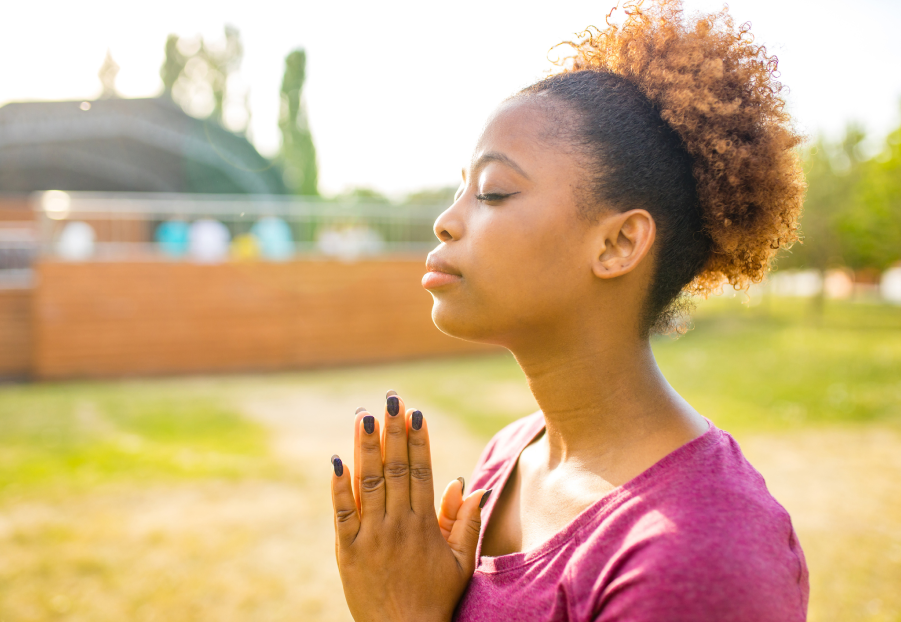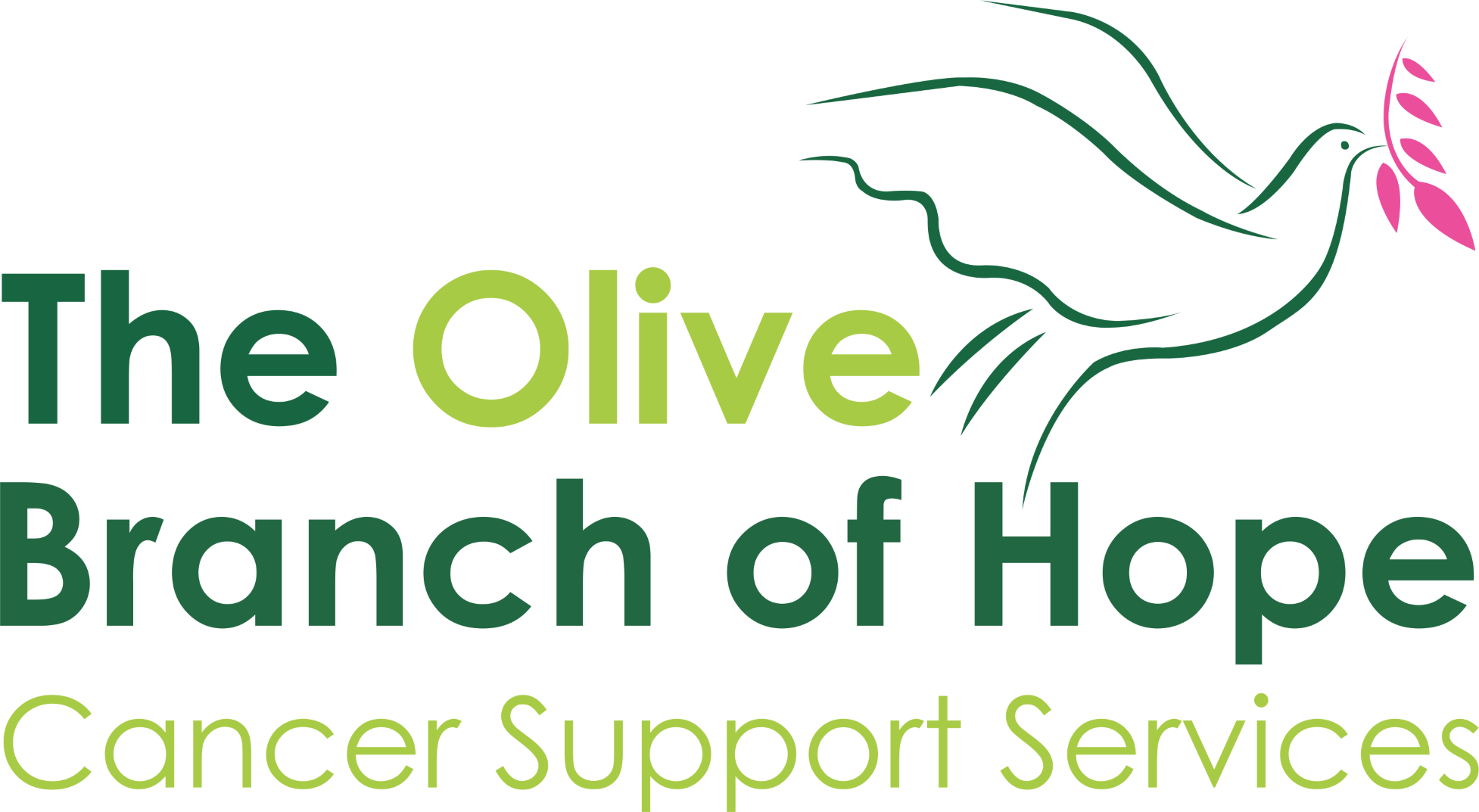JUST DIAGNOSED
1. JUST DIAGNOSED

Why is this happening?
When faced with a positive cancer diagnosis, the common reaction is one of disbelief, quickly followed by the question “Why is this happening to me?” Although it is easy to start second guessing one’s lifestyle choices, or to think of cancer as a “punishment” for past mistakes, the truth is that our bodies are complex machines, and, like all machines, they sometimes malfunction. If certain lifestyle choices have contributed to your diagnosis, then you might obviously want to think about changing these. However, the best thing you can do to set yourself on a path towards healing is to adopt a positive, non-judgmental attitude towards your cancer.
Accepting that things happen beyond our control is incredibly difficult in this age of technology and perceived stability, but it is this very acceptance that will enable you to face the coming treatment. Rather than trying to find reason or meaning behind your cancer, simply accepting it is the first step towards defeating it. Adopt a positive attitude, and remind yourself daily that yes, this has happened to you—but you aren’t going to allow it to control your life.
How can I cope?
Coping with cancer has various stages and involves a number of different experiences and emotions. The initial diagnosis can lead to shock, anxiety and depression, so it is important to center yourself whenever possible. Meditation, breathing exercises, or even simple time in nature can all be very grounding.
When going through treatment, your experience might involve physical discomfort. During this phase, you will need to be at your strongest, both physically and emotionally. Preparing yourself through proper diet, exercise and mental/emotional work can go a long way towards improving your prognosis.
Emotions and cancer
Cancer is frightening, and like all things that scare us, it elicits a range of difficult emotions. These might include denial, anger, fear, depression, or any number of other emotions. It is important to recognize that this is normal. You are not weak because you are emotional. Instead, your emotions are what make you human—what give you the ability to love and connect with others. Sometimes emotions are painful, but this does not make them any less important.
There are two common pitfalls when it comes to painful emotional experience, and both should be avoided. Some people allow their fears, anger and sadness control them, setting them on a downward spiral into depression or other chronic mental difficulties. It is necessary to transcend these emotions, and not allow them to control our lives. However, you don’t want to swing to the other extreme and deny your emotions. It has been said that any emotions that are ignored or bottled up end up festering inside of us, below the surface on a subconscious level, poisoning our spirits and manifesting in any number of future issues. Rather than denying your emotions, accept them as a natural part of the human experience. To be human is to be emotional, and few things bring out our emotions like cancer. Embrace them, but don’t allow them to control you.
Talking about cancer
In many cultures there seems to exist a taboo when it comes to talking about cancer. This might be due to the sometimes “embarrassing” forms cancer takes, or perhaps the fact that many cultures are uncomfortable with the idea of death and potentially fatal diseases. We often choose to avoid topics like cancer because they make us feel uncomfortable.
It is important to realize that one of the best ways to deal with what you are going through is to talk about it. This doesn’t mean that you have to talk to everyone about your diagnosis, or that you have to talk about it in the way that others do—each person is unique, and will approach life’s experiences differently. But finding people who you can trust and depend on to talk to you about the hard things in life can go a long way towards helping you understand your own feelings about your cancer. And speaking with cancer survivors—people who have been through what you are experiencing and come out victorious—can help you remember that this is not a hopeless situation, but rather one that can be defeated.
Living with Cancer
Life will be different as you live with and battle cancer. Your understanding of the world has probably changed, as has the way that you relate to others, and even to yourself. Being sick can be incredibly taxing, both on your body and your spirit, and it is natural to see your stress levels rise. It is important, however, that you find ways to vent and channel this anxiety, and a body that is under stress finds it more difficult to fight disease.
Your life will also change physically as you go through cancer treatments. These might include invasive surgeries or radiation and chemo therapies. Many of these treatments are uncomfortable (to say the least)—but they are also a lifeline to your future. Embracing your treatment and finding ways to strengthen yourself physically is key to a rapid recovery. As hard as it might be, find ways to exercise, eat as much healthy food as possible and maintain a happy, positive outlook on life.
Inspiration
Remember, you are not the only person who has been diagnosed with cancer. There are millions of others who are going through the same thing as you right now, and millions more who have come through cancer and gone on to live healthy, fulfilled lives. Seek out these people and spend time getting to know them. They will more than likely be willing to share their time and experiences with you—to give you inspiration through their stories. There is nothing more valuable than knowing that you are not alone, and that others have succeeded at the hard task you now face.
A great place to meet people who have had similar experiences is at cancer support groups. These groups are often hosted and mentored by cancer survivors—people who understand what you are going through, and what you will face in the coming months. Being surrounded by people who are fighting the same battle as you will inspire you to dig deep and find that hope and strength you need for the road ahead.

